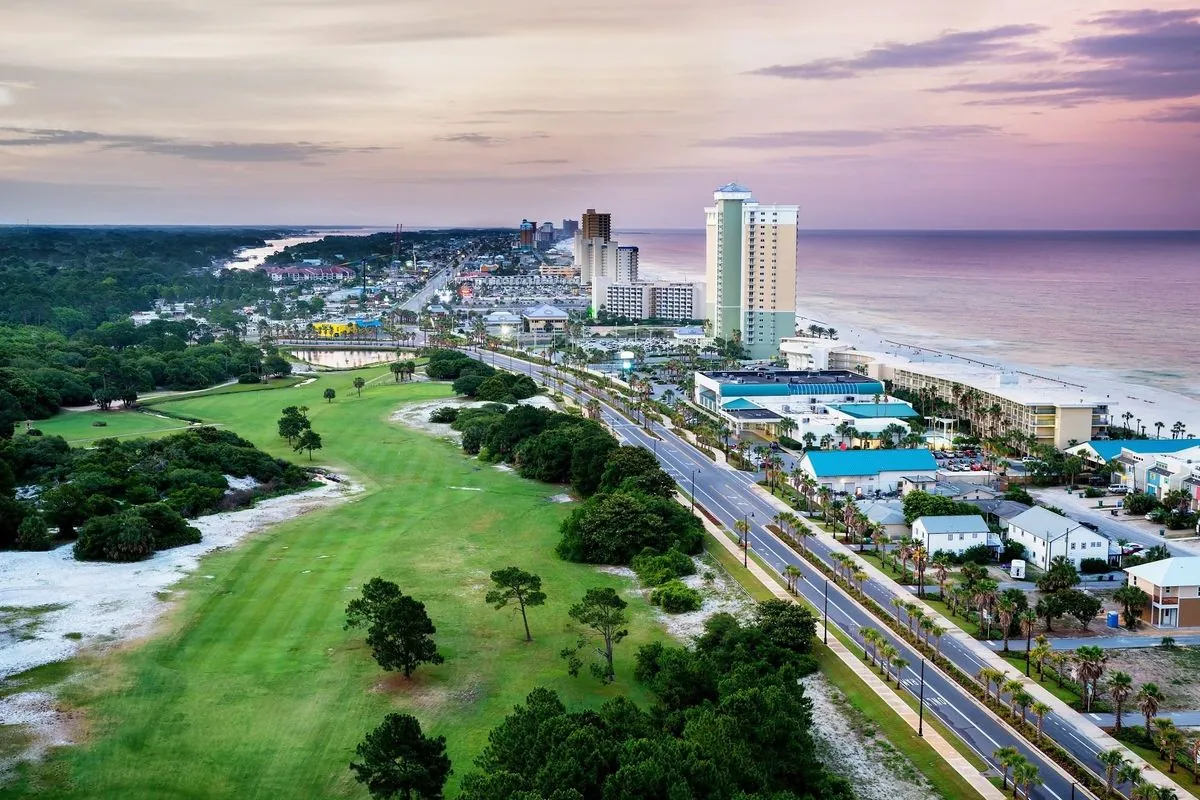As Hurricane Helene approaches Florida's Big Bend region, meteorologists and emergency management officials are sounding the alarm about a potentially catastrophic storm surge. This phenomenon, often overshadowed by discussions of wind speed, poses a far greater threat to coastal communities than many realize.
Craig Fugate, former director of the Federal Emergency Management Agency (FEMA), emphasizes the gravity of the situation: "The leading cause of death from hurricanes is water, not wind." This stark reality underscores the importance of understanding and preparing for storm surge, especially in vulnerable areas like Florida's Big Bend.
Storm surge, defined as the abnormal rise of water generated by a storm, can reach heights of more than 20 feet and span hundreds of miles of coastline. In the case of Hurricane Helene, forecasters predict a potential storm surge of 15 to 20 feet (4.5 to 6 meters) in the Big Bend area. This level of surge can have devastating consequences, far exceeding the damage caused by high winds.
The Big Bend region, where Florida's peninsula meets the Panhandle, is particularly susceptible to storm surge due to its unique geography. The area's shallow waters and curved coastline create a perfect storm for surge amplification. As Fugate explains, "Because of the bend, there's nowhere for the water really to go. It just piles up and moves inland."
This vulnerability is compounded by the region's sparse population and limited evacuation routes. Many coastal communities in the Big Bend have only one road in and out, which can quickly become impassable during a storm. "If people haven't gotten out, it's going to be bad," Fugate warns, highlighting the critical importance of early evacuation.
To put the potential impact of Hurricane Helene in perspective, it's worth examining historical precedents. In 2005, Hurricane Katrina devastated the Mississippi coast with a storm surge of up to 28 feet (8.5 meters). The aftermath was described by Fugate as if "someone took heavy equipment and cleared out everything within 300 yards (274 meters) of the shore."
While the Big Bend region may have a smaller population than other coastal areas, the potential for destruction remains extreme. Fugate expresses concern for small towns like Panacea, questioning what might be left after the storm passes.
It's important to note that storm surge is measured separately from wave height and tidal conditions. A 15-foot storm surge at high tide can be significantly more destructive than the same surge at low tide. This complexity underscores the need for accurate forecasting and clear communication of risks to the public.
The National Weather Service has recognized the unique dangers of storm surge, and since 2017, has issued separate storm surge watches and warnings from hurricane warnings. This change reflects the growing understanding of storm surge as a distinct and often more lethal threat than high winds.
As Hurricane Helene approaches, residents of Florida's Big Bend and surrounding areas are urged to heed evacuation orders and take the threat of storm surge seriously. The region's natural beauty, including extensive wetlands, estuaries, and wildlife refuges, also faces significant risk from this powerful force of nature.
In the face of this impending threat, the importance of preparedness and respect for the power of storm surge cannot be overstated. As coastal communities brace for impact, the lessons learned from past disasters serve as a stark reminder of the potential consequences of underestimating this silent but deadly aspect of hurricanes.
"Fortunately, the populations are much smaller, but it doesn't mean the devastation to those areas won't be extreme. I'm thinking about little towns like Panacea. I'm not sure what's going to be left after this."
